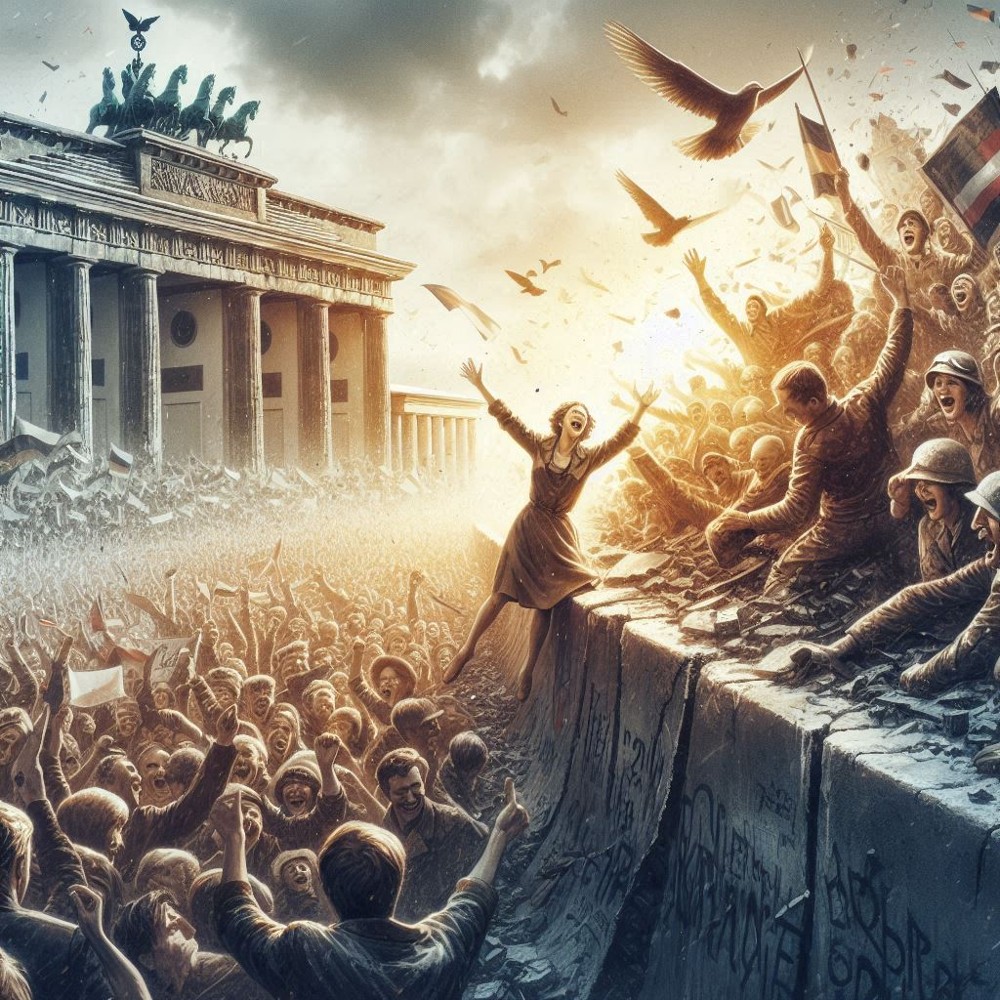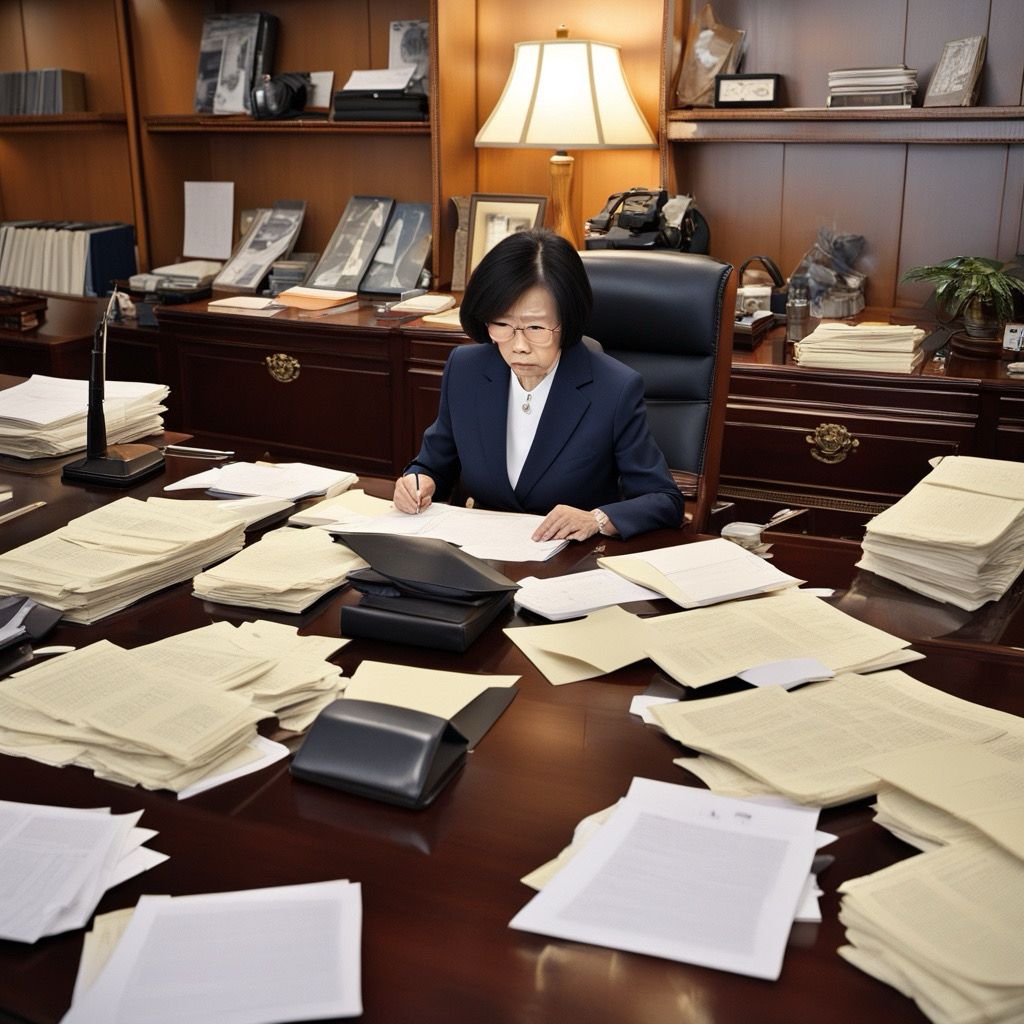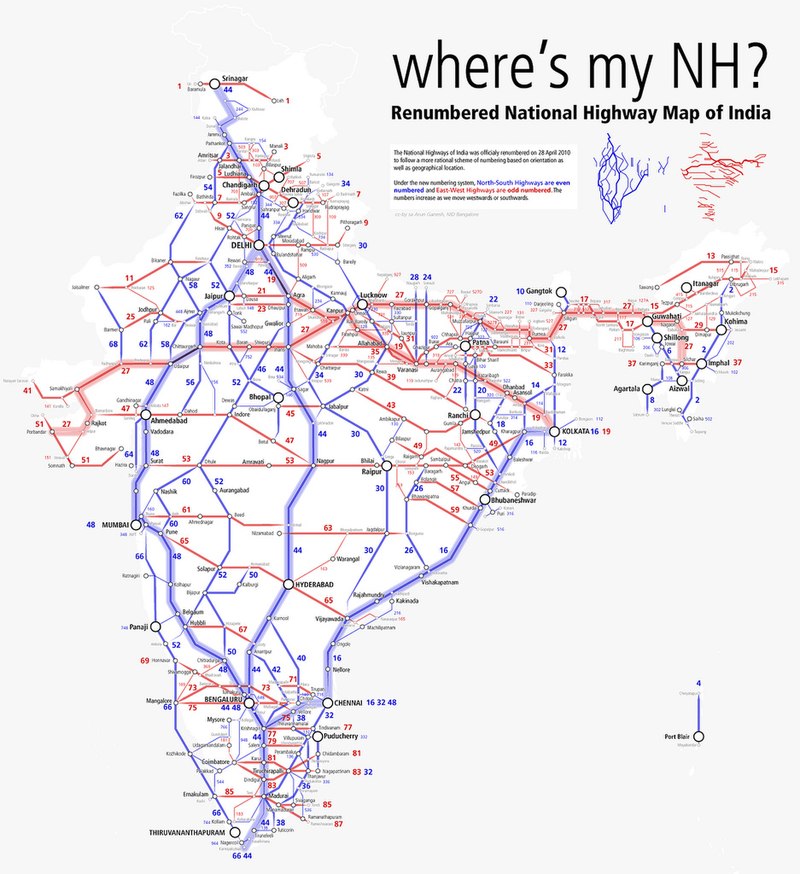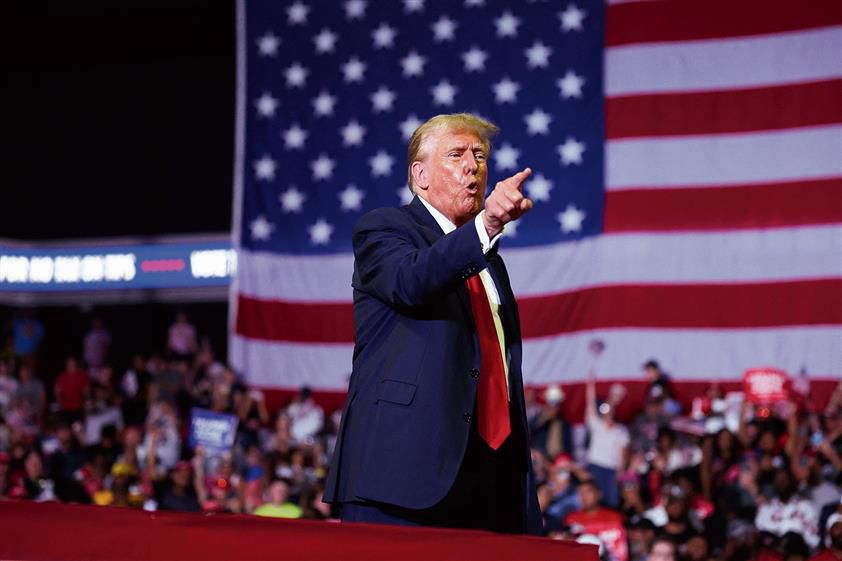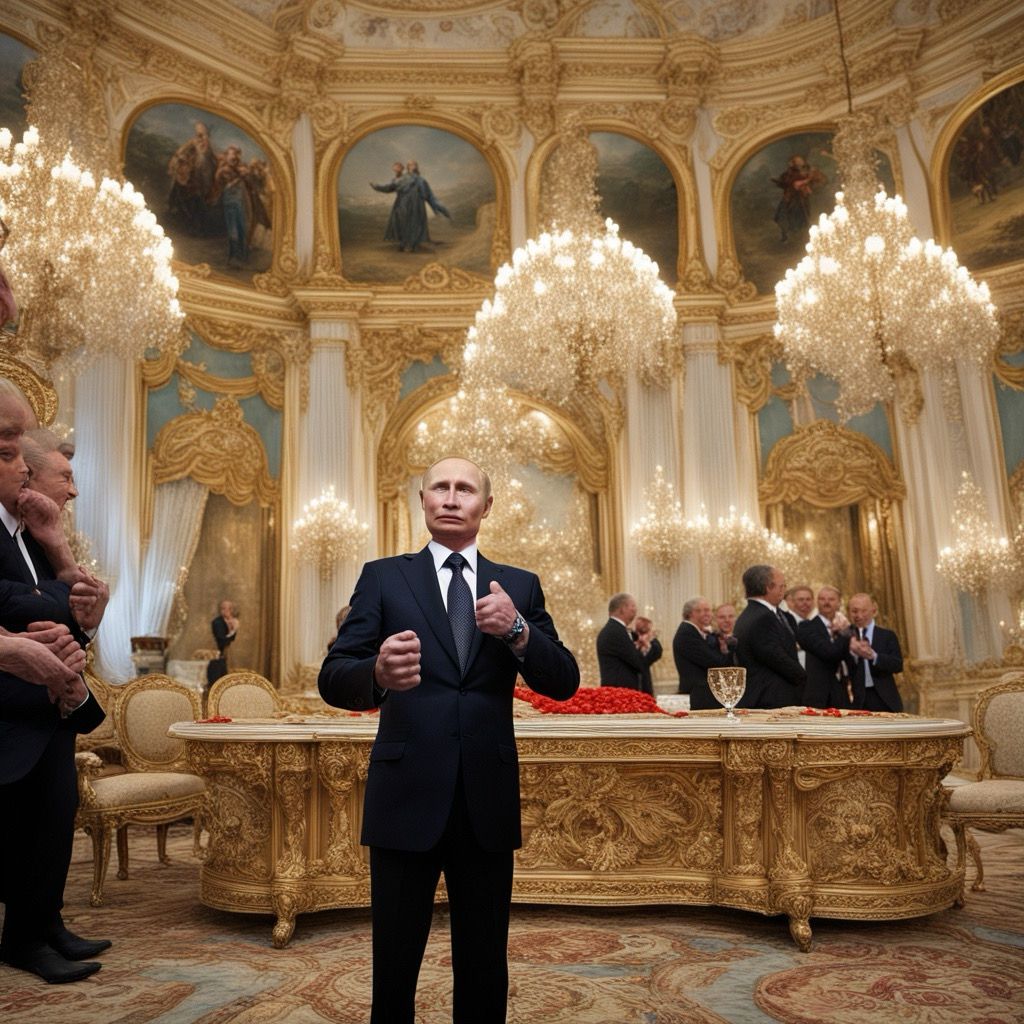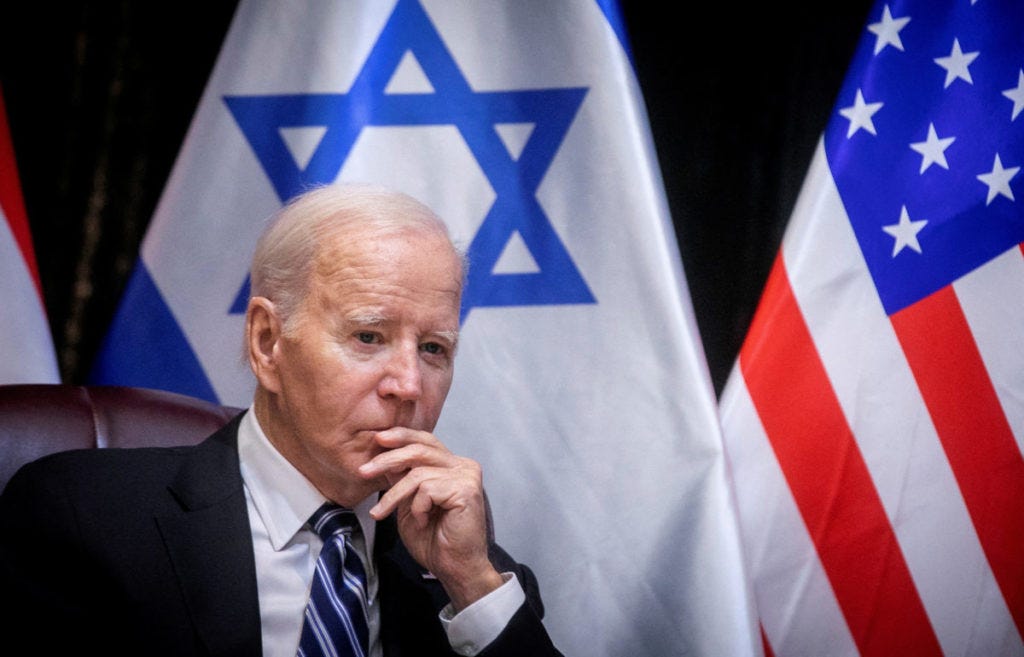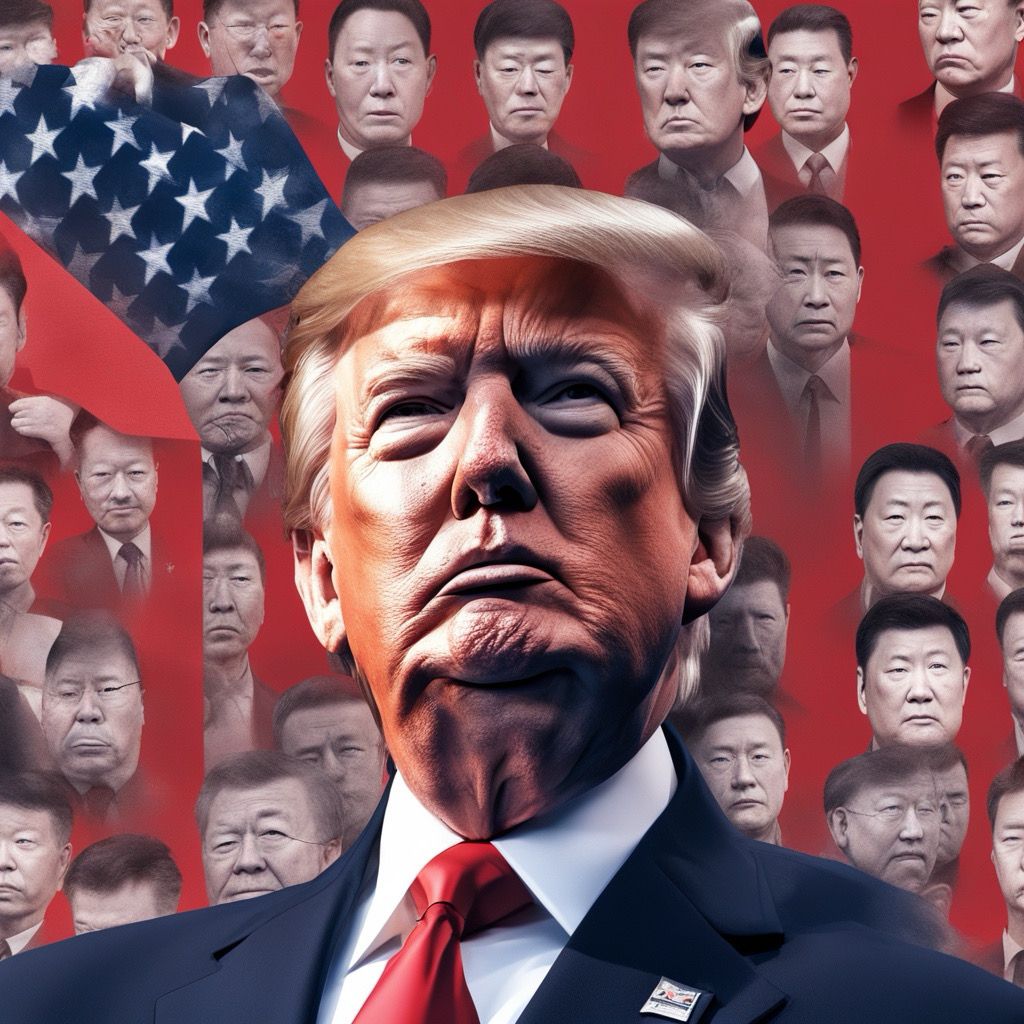Published: 4 months ago
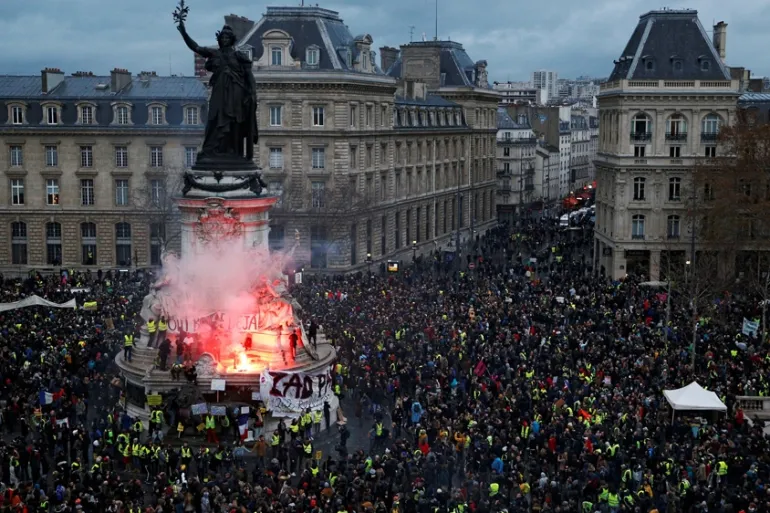
World Affairs
Humanities
Summary
France is currently in the throes of social unrest and political upheaval, driven by the contentious issues of immigration and the treatment of Muslims. These hot-button topics have significantly swayed voter behavior and reshaped the political landscape.
Article
The recent legislative elections, marked by the unexpected success of the leftist coalition and the resilient performance of the far-right National Rally, lay bare the deep fissures within French society. This article delves into how immigration and Muslim-related policies played a critical role in the elections and examines the potential future ramifications for France.
The Leftist Coalition’s Agenda
The New Popular Front, a coalition of leftist parties, aggressively campaigned on a platform centered on social justice, inclusivity, and progressive policies:
- Pro-Immigration Stance: They advocate for humane treatment of immigrants and refugees, standing firmly against draconian deportation policies, and pushing for robust integration programs.
- Anti-Discrimination: They are on a warpath against Islamophobia and all forms of discrimination, striving to ensure equal rights and protections for all citizens, particularly Muslims, to freely practice their faith.
The Far-Right’s Approach
In stark contrast, the National Rally, spearheaded by Marine Le Pen, is vehemently opposed to the left's approach:
- Strict Immigration Controls: They demand a drastic reduction in immigration, stricter border controls, and prioritize French nationals for employment and social services.
- Secularism: They push an aggressive secular agenda, often targeting visible expressions of Muslim faith, such as the wearing of headscarves in public institutions, under the guise of preserving French culture and values.
Impact on the Elections
Voter Mobilization
The opposing platforms of these parties mobilized voters across the spectrum. The leftist coalition’s promise of inclusivity and social justice resonated deeply with younger voters, minorities, and urban dwellers. Meanwhile, the National Rally’s hardline stance on immigration and national identity struck a chord with conservative voters and those in rural areas fearful of cultural erosion and security threats.
Election Results
The New Popular Front’s ability to secure the most seats, despite not achieving a majority, is a testament to the shifting tides in French politics. However, the National Rally's significant seat gain highlights the deep-seated anxieties and resistance within a substantial portion of the electorate.
Future Implications
Political Instability
The fractured election results have thrown France into a state of political uncertainty. With no clear majority, President Emmanuel Macron’s centrist alliance faces a turbulent path ahead, grappling with a fragmented parliament and intense political conflict.
Social Dynamics
The leftist coalition’s success could herald more inclusive policies and greater protections for immigrants and Muslims. However, the robust performance of the National Rally ensures that opposition to these policies will be fierce, promising continued social tension and strife.
Reactions from the Losing Party
National Rally’s Response
Despite their gains, the National Rally is seething over their inability to secure a majority. Marine Le Pen has lambasted the election process and vowed to relentlessly pursue their nationalist, anti-immigration agenda, framing their struggle as a fight for the soul of France.
President Macron’s Stance
President Macron, acknowledging the stark message from the electorate, calls for unity and stability. Yet, his position is precarious, as he faces the Herculean task of bridging the political chasm and governing amidst rampant discord.
Conclusion
The recent elections in France starkly underscore the potent impact of immigration and Muslim-related policies on the political landscape. The leftist coalition’s victory, albeit without a majority, signals a potential shift towards more progressive policies. However, the formidable presence of the National Rally ensures that the battle over France’s identity and future is far from over. As the nation grapples with these issues, the world watches closely, drawing lessons and parallels with its own democratic processes and societal challenges. The future of France, teetering on the edge of significant transformation or further division, remains uncertain and intensely contested.
No opinions exist on this article yet!
Be the first one to share an opinion on this article.
Videos
Images
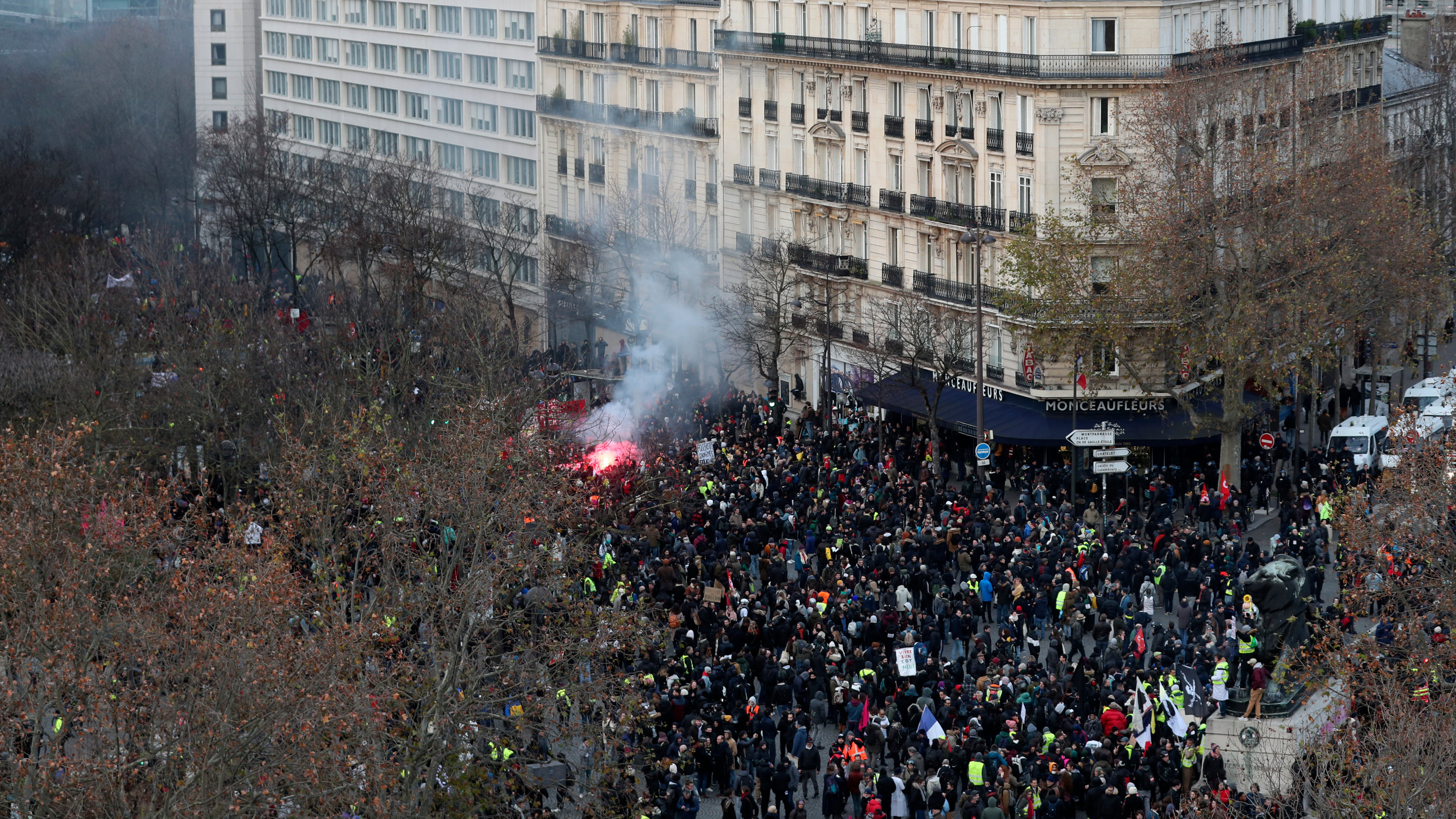
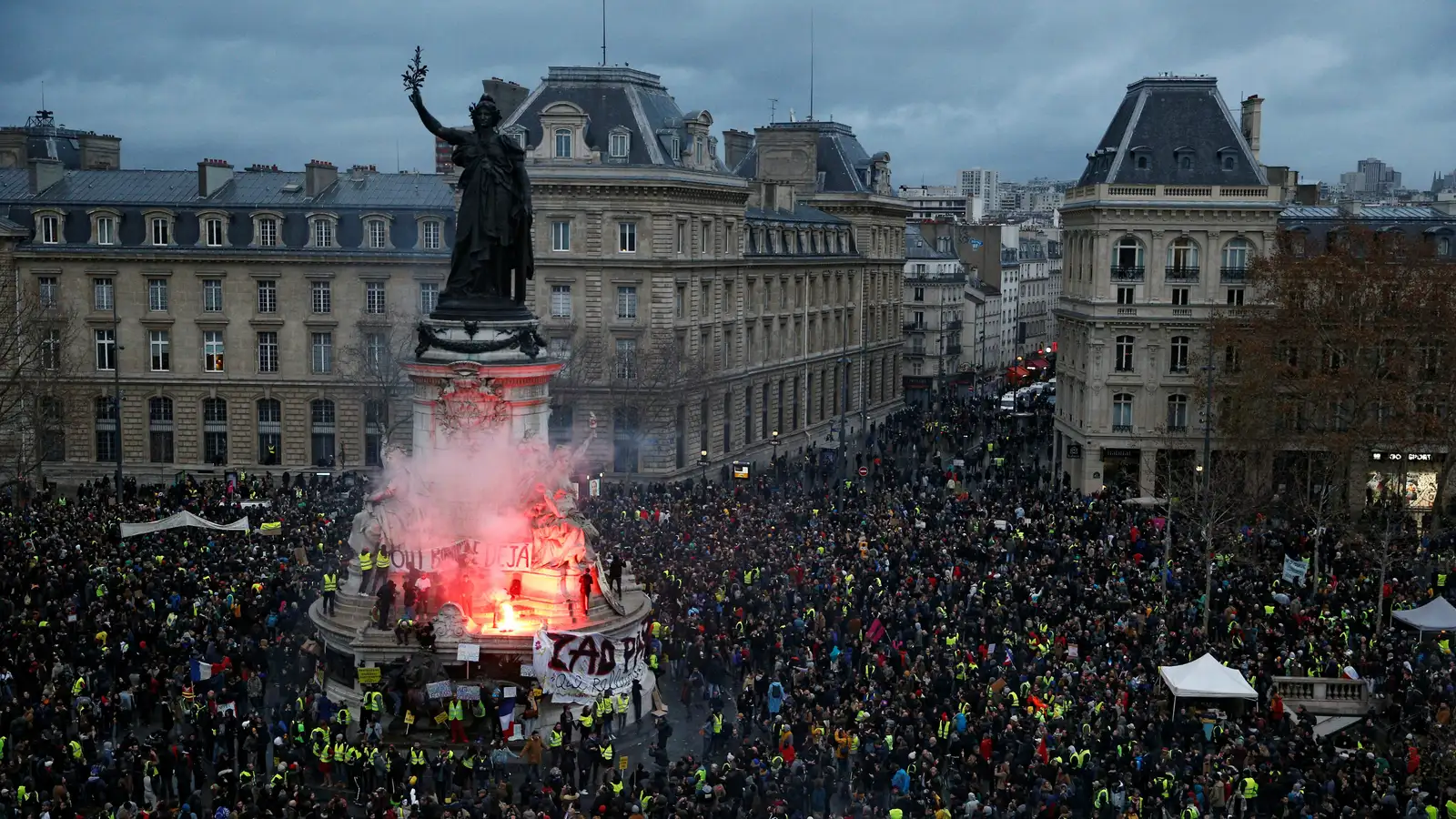
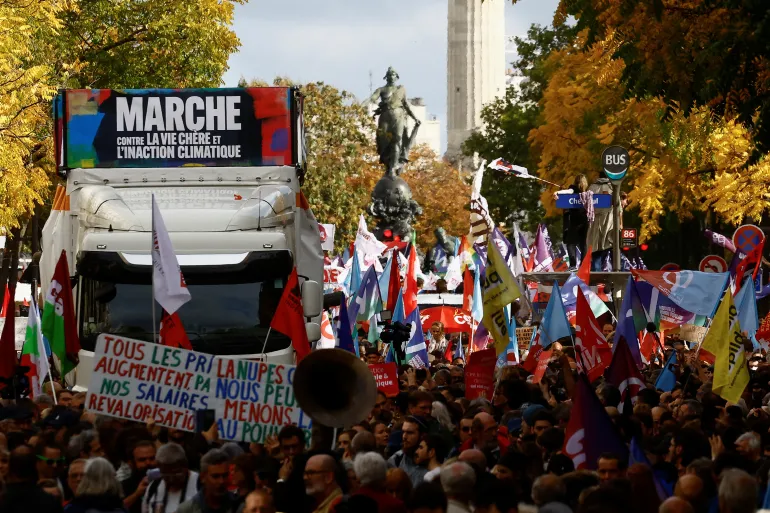
Other Attachmnents
No Access
Share access to start recording your opinion



